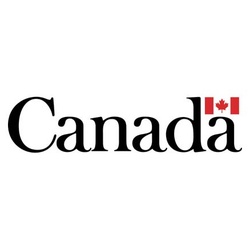
Open
Contaminated Sites On-Reserve program
Last Update: October 27, 2025
Canada
Supports assessment and remediation of contaminated sites on reserves
Grant and Funding
At a glance
Funding available
Financing goals
Reduce the ecological footprint
Develop employee skills
Increasing community impact
See more
Eligible Funding
- No Condition
Timeline
- Unspecified
Eligible candidates
Eligible Industries
- Administrative and support, waste management and remediation services
- Educational services
- Public administration
Location
- Canada
Legal structures
- Non-profit
- Public or Parapublic institution
Annual revenue
- All revenue ranges
Organisation size
- All organization sizes
Audience
- Indigenous Peoples
Non-profit candidates
Sector of operation
- Environment
- Economic, Social and Community Development
Target groups
- Indigenous peoples
- Rural / Remote communities
- Community leaders
Revenue structures
- All structures
Scope
- Local
Overview
The Contaminated Sites On-Reserve (CSOR) program provides funding to First Nations for identifying, assessing, and remediating contaminated sites on reserve lands, with the aim of safeguarding health, the environment, and supporting community development. Eligible activities include environmental site assessment and remediation of sites linked to community facilities, former diesel plants, and dump sites; no maximum funding amount is specified.
Activities funded
- Identification and assessment of contaminated sites on reserve lands.
- Remediation of contaminated sites to reduce risks to human health and the environment.
- Restoration of reserve lands for community, economic, or traditional uses after contamination.
Examples of admissible projects:
$ 80,000
Purchase energy-efficient machinery for expanded organic bakery production
$ 39,000
Develop a mobile app for local farm-to-table delivery service
$ 21,000
Create a workshop to upcycle textiles into eco-friendly accessories
$ 78,000
Install rooftop solar panels and upgrade building insulation
$ 27,900
Develop digital training modules for at-risk youth employment programs
$ 23,500
Renovate and expand day-care kitchen with commercial grade equipment
Eligibility
- The applicant must be a First Nation community, band council, district or chief council, tribal council, or a First Nations organization, association, or institution.
- The project must involve the identification, assessment, or remediation of a contaminated site located on reserve lands or lands under Indigenous Services Canada’s responsibility.
Who is eligible?
- First Nations community members
- Band councils or First Nations communities
- District and chief councils
- Tribal councils
- First Nations organizations, associations, and institutions
Who is not eligible
- Operating businesses and private fuel facilities
- Sites on Certificate of Possession lands
- Waste and dump sites currently in operation
- Sites established after becoming operational under First Nations Land Management
Eligible expenses
- Environmental site assessment activities.
- Remediation of contaminated sites.
Eligible geographic areas
- On-reserve lands and other lands under the responsibility of Indigenous Services Canada across Canada.
Selection criteria
- Ranking of projects based on the environmental risks associated with the sites.
- Priorities expressed by the concerned community.
How to apply
1
Contact ISC regional office
- Contact your ISC regional office to discuss your project
- Determine if your site is eligible for funding
2
Report contaminated site
- Report a suspected contaminated site to ISC
- Provide site details and relevant supporting information
3
Participate in site assessment
- Participate in site assessment coordinated by ISC
- Submit additional documentation if required
4
Await funding decision
- ISC reviews the assessment and proposed remediation plan
- Wait for ISC decision regarding funding approval
Additional information
- The program follows a 10-step federal contaminated sites process for assessment and remediation.
- Key results and total expenditures are reported annually through the Federal Contaminated Sites Action Plan (FCSAP) annual report.
- Program funding is supported primarily by the Federal Contaminated Sites Action Plan (FCSAP), administered by Treasury Board Secretariat and Environment and Climate Change Canada.
- For the most recent data, applicants can consult the Federal Contaminated Sites Inventory.
Apply to this program
Frequently Asked Questions about the Contaminated Sites On-Reserve program Program
Here are answers to the most common questions about the Contaminated Sites On-Reserve program. This section explains what the program is, how much funding is available, eligibility requirements, application deadlines, and other important details to help you determine if this grant is right for your business.
What is the Contaminated Sites On-Reserve program?
How much funding can be received?
What expenses are eligible under Contaminated Sites On-Reserve program?
What is the deadline to apply?
Is the Contaminated Sites On-Reserve program a grant, loan, or tax credit?
Who are the financial supporters of the Contaminated Sites On-Reserve program?
Who is eligible for the Contaminated Sites On-Reserve program program?
Who can I contact for more information about the Contaminated Sites On-Reserve program?
Where is the Contaminated Sites On-Reserve program available?
Are Indigenous Peoples eligible for the Contaminated Sites On-Reserve program program?
Apply to this program
More programs like this
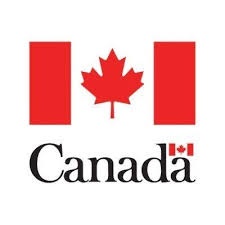
Grant and FundingClosed
Canada Public Transit Fund
Housing, Infrastructure and Communities CanadaSupports long-term public transit and active transportation infrastructure development

Grant and FundingOpen
Active Transportation Fund
Housing, Infrastructure and Communities CanadaSupports infrastructure projects for safer, more accessible active transportation
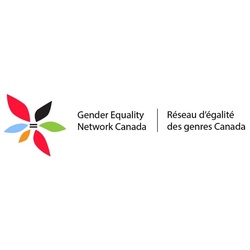
Partnering and CollaborationGrant and FundingArchived
Equality for Sex, Sexual Orientation, Gender Identity and Expression Program
Women and Gender Equality Canada (WAGE)Supports equality initiatives for sex, sexual orientation, and gender identity
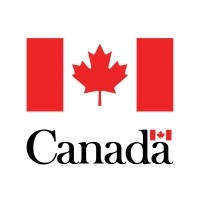
Grant and FundingClosed
Crime Prevention Action Fund (CPAF)
Public Safety Canada (PSC)Supports evidence-based crime prevention initiatives for at-risk communities

Grant and FundingClosed
Substance Use and Addictions Program (SUAP)
Health CanadaSupports innovative projects addressing substance use prevention and treatment
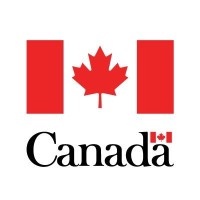
Grant and FundingClosed
Rail Safety Improvement Program (RSIP) - Research and Education Component
Transport CanadaFunding for rail safety infrastructure, research, and education projects

Grant and FundingClosed
Enhanced Road Safety Transfer Payment Program (ERSTPP)
Transport CanadaFunds projects to enhance road safety and reduce traffic injuries

Grant and FundingClosed
Age Well at Home (AWAH) - In-Home Support Pilot Project Stream
Employment and Social Development Canada (ESDC)Supports volunteer-based home services for vulnerable Canadian seniors
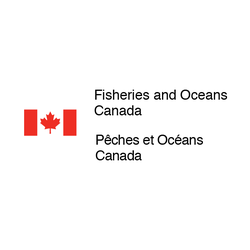
Grant and FundingClosed
Canada Nature Fund for Aquatic Species at Risk (CNFASAR)
Fisheries and Oceans Canada (DFO)Supports recovery and protection of aquatic species at risk
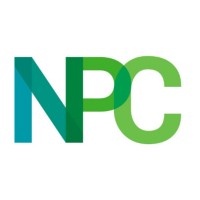
Grant and FundingOpen
Fast-Track to Financing Program
Natural Products Canada (NPC)Funding to engage an expert
Sign up to our platform to access the Contaminated Sites On-Reserve program information sheet for free
Get access to 4,000+ programs, practical guides, personalized alerts, and an AI assistant to support your grant applications.